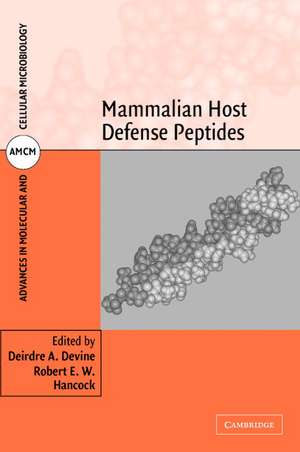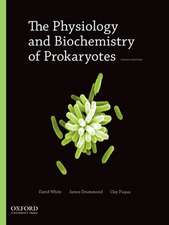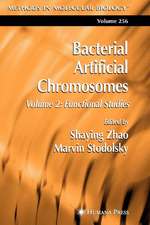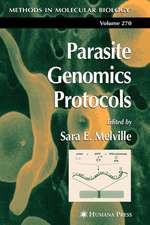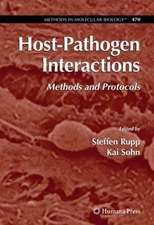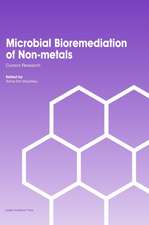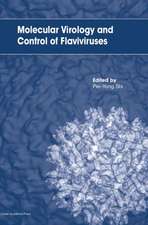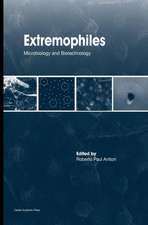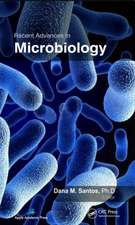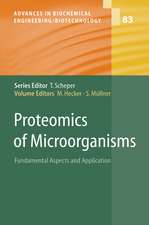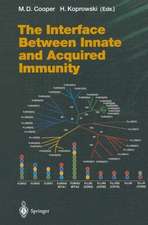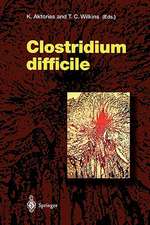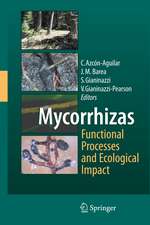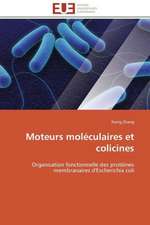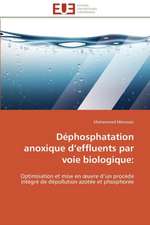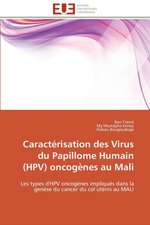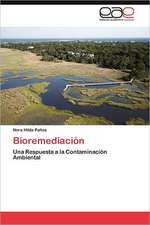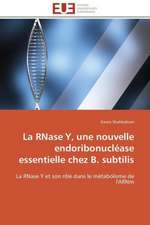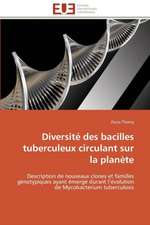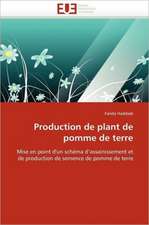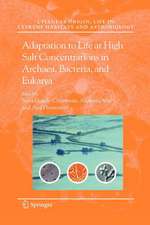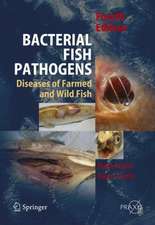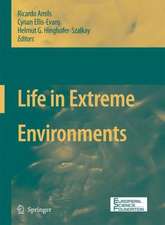Mammalian Host Defense Peptides: Advances in Molecular and Cellular Microbiology, cartea 6
Editat de Deirdre A. Devine, Robert E. W. Hancocken Limba Engleză Hardback – 19 sep 2004
Din seria Advances in Molecular and Cellular Microbiology
-
 Preț: 351.74 lei
Preț: 351.74 lei - 14%
 Preț: 876.59 lei
Preț: 876.59 lei - 14%
 Preț: 765.67 lei
Preț: 765.67 lei - 14%
 Preț: 876.59 lei
Preț: 876.59 lei - 14%
 Preț: 780.16 lei
Preț: 780.16 lei - 14%
 Preț: 835.79 lei
Preț: 835.79 lei -
 Preț: 374.71 lei
Preț: 374.71 lei -
 Preț: 357.51 lei
Preț: 357.51 lei -
 Preț: 316.14 lei
Preț: 316.14 lei - 11%
 Preț: 431.03 lei
Preț: 431.03 lei - 14%
 Preț: 872.46 lei
Preț: 872.46 lei -
 Preț: 409.44 lei
Preț: 409.44 lei -
 Preț: 409.44 lei
Preț: 409.44 lei - 28%
 Preț: 525.63 lei
Preț: 525.63 lei - 23%
 Preț: 824.54 lei
Preț: 824.54 lei - 27%
 Preț: 610.45 lei
Preț: 610.45 lei - 28%
 Preț: 526.03 lei
Preț: 526.03 lei
Preț: 1015.19 lei
Preț vechi: 1180.45 lei
-14% Nou
Puncte Express: 1523
Preț estimativ în valută:
194.31€ • 202.09$ • 162.83£
194.31€ • 202.09$ • 162.83£
Carte tipărită la comandă
Livrare economică 13-27 martie
Preluare comenzi: 021 569.72.76
Specificații
ISBN-13: 9780521822206
ISBN-10: 0521822203
Pagini: 408
Ilustrații: 20 b/w illus. 4 colour illus. 9 tables
Dimensiuni: 157 x 237 x 28 mm
Greutate: 0.79 kg
Ediția:New.
Editura: Cambridge University Press
Colecția Cambridge University Press
Seria Advances in Molecular and Cellular Microbiology
Locul publicării:New York, United States
ISBN-10: 0521822203
Pagini: 408
Ilustrații: 20 b/w illus. 4 colour illus. 9 tables
Dimensiuni: 157 x 237 x 28 mm
Greutate: 0.79 kg
Ediția:New.
Editura: Cambridge University Press
Colecția Cambridge University Press
Seria Advances in Molecular and Cellular Microbiology
Locul publicării:New York, United States
Cuprins
1. Overview: antimicrobial peptides, as seen from a rear-view mirror R. I. Lehrer; 2. Cationic antimicrobial peptides in regulation of commensal and pathogenic microbial populations D. A. Devine; 3. Multiple functions of antimicrobial peptides in host immunity D. Yang and J. J. Oppenheim; 4. Therapeutic potential and applications of innate immunity peptides T. J. Falla and L. Zhang; 5. Mammalian β−Defensins in mucosal defence G. Diamond, D. Laube and M. Klein-Patel; 6. Biology and expression of the human cathelicidin LL-37 G. Gudmundsson and B. Agerberth; 7. Antimicrobial peptides of the alimentary tract of mammals C. Bevins and T. Ganz; 8. Antimicrobial peptides suppress microbial infections and sepsis in animal models K. A. Brogden, M. Ackermann, J. Zabner and M. J. Welsh; 9. Bacterial structure and physiology: influence on susceptibility to antimicrobial peptides R. E. W. Hancock; 9. The antifungal mechanisms of antimicrobial peptides E. J. Helmerhorst and F. G. Oppenheim; 10. Antimicrobial peptides from platelets in defence against cardiovascular infections M. R. Yeaman; 11. Mechanisms of bacterial resistance to antimicrobial peptides R. Tamayo, A. C. Portillo and J. S. Gunn; 12. Roles of antimicrobial peptides in pulmonary disease R. Bals.
Descriere
Overview of current research on antimicrobial peptide function in humans and other mammals.
